Preventing Dog Diseases With Vaccinations
South Cranbourne Veterinary Surgery
Preventing Dog Diseases With Vaccinations
South Cranbourne Veterinary Surgery
How do vaccines work?
Vaccines contain small quantities of ‘modified live’ or “killed” viruses, bacteria or other disease-causing organisms. When administered, they stimulate your dog’s immune system to produce disease-fighting cells and proteins – or antibodies – to protect against disease.
When should my dog be vaccinated?
A puppy gains immunity from its mother’s milk and this provides protection for the first stage of their life. This protection then starts to diminish after 6 weeks of age and vaccination is required. A puppy vaccination course is tailored to your dog’s individual requirements. Thereafter, your dog will require repeat vaccination at regular intervals for the rest of his or her life. The duration of immunity gained from vaccines varies and we can advise you on the best protocol to protect your dog.
What diseases should my dog be vaccinated against?
At South Cranbourne Vet Surgery we vaccinate against the most common, highly contagious diseases which cause serious illness. These diseases are Canine Parvovirus, Canine Distemper, Infectious Canine Hepatitis and Canine Tracheobronchitis (Canine Cough).
Canine Parvovirus
Canine parvovirus is a highly contagious and debilitating disease which is spread through infected faeces. Puppies and older unvaccinated dogs are at most risk. The virus itself is highly resistant and can remain in the environment for many months. Symptoms include fever, lethargy, vomiting and bloody diarrhoea. Vaccination is the only certain method of preventing this potentially fatal disease.
Canine Distemper
Canine Distemper is highly contagious and is spread through discharges from the nose and eyes of infected dogs. Symptoms can include lethargy, fever, coughing, diarrhoea and vomiting, while neurological signs such as convulsions and paralysis may be seen in the final stages. Canine Distemper is extremely difficult to treat and is often fatal; therefore vaccination is your best source of protection. If a dog recovers from the disease there is often permanent damage to many of the body’s organs, including the nervous system.
Infectious Canine Hepatitis
Infectious Canine Hepatitis is caused by Canine Adenovirus Type I. It is transmitted among dogs by contact with secretions, such as saliva, infected urine or faeces. Canine Hepatitis can be mild or fatal with a range of clinical signs including liver failure, eye damage and breathing problems.
Canine Tracheobronchitis (Canine Cough)
Canine Cough is the common term to describe a number of bacteria and viruses which cause respiratory disease in dogs, including Canine Parainfluenza virus, Canine Adenovirus Type II and Bordetella Bronchiseptica. The causative bacteria and viruses are spread in the air and Canine Cough is characterised by a dry hacking cough that can last weeks. Vaccination is essential for all dogs as it is a highly infectious disease that can develop into a serious pneumonia in some pets.
How effective is vaccination?
Vaccinations cannot be 100% guaranteed to prevent disease entirely but if your pet is infected by one of these terrible pathogens being vaccinated will ensure a much more mild infection that quickly resolves itself within a few days. To reduce the risk further it is also essential to make sure your pet has a healthy immune system by feeding a premium pet food and that you reduce access to infectious material with good hygiene.

Opening Hours
Monday: 8am–7pm
Tues-Thurs: 8am–6pm
Friday: 8am–7pm
Saturday: 8am–12pm
Sunday: Closed
Address
82 Earlston Circuit, Cranbourne VIC 3977

